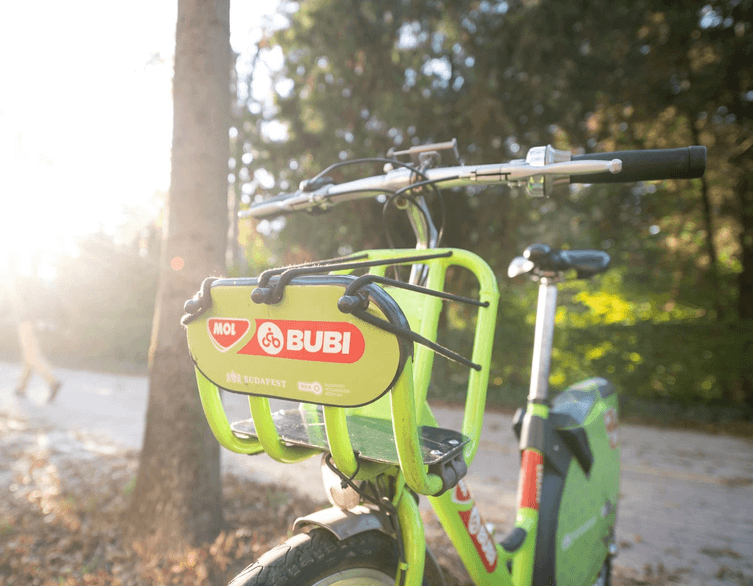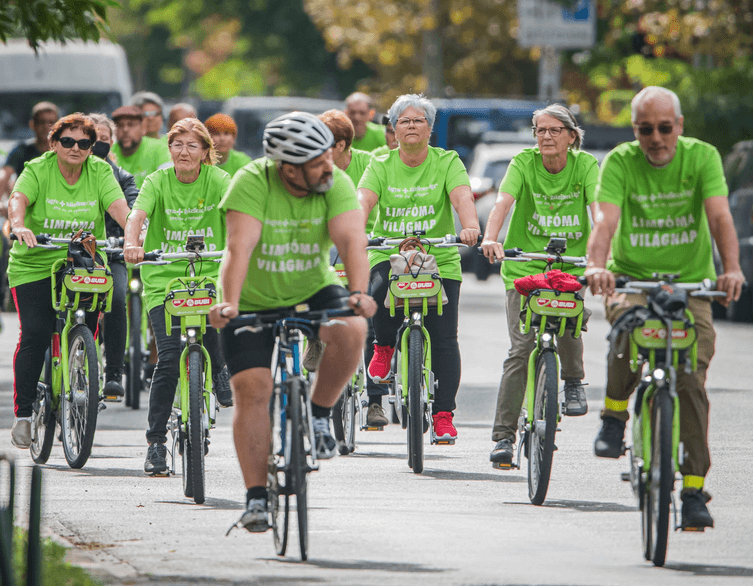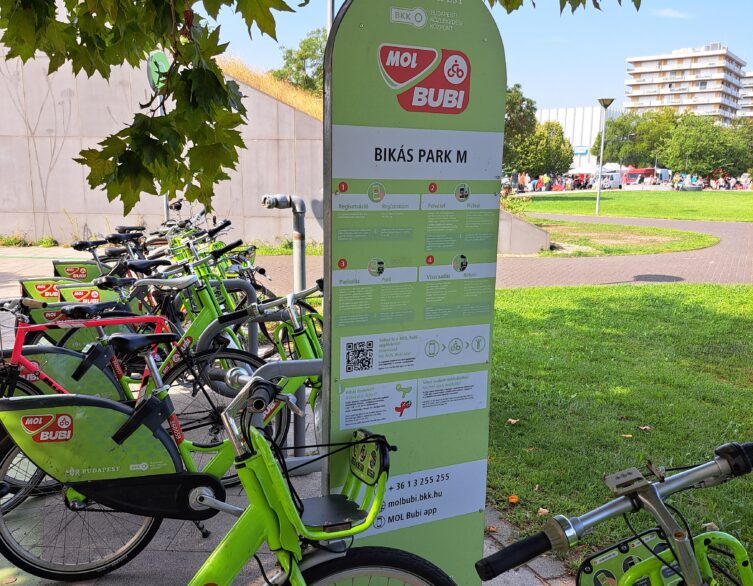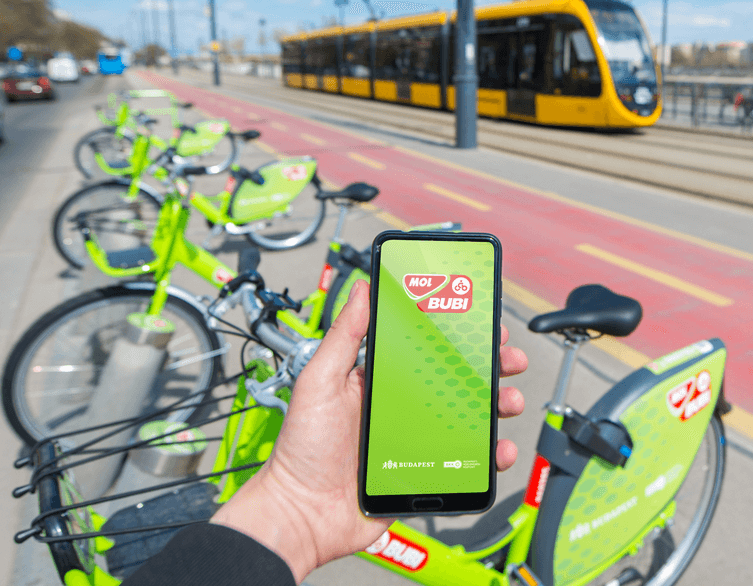Budapest May Lose Its Shared Bikes for Christmas — Here’s Why It Matters
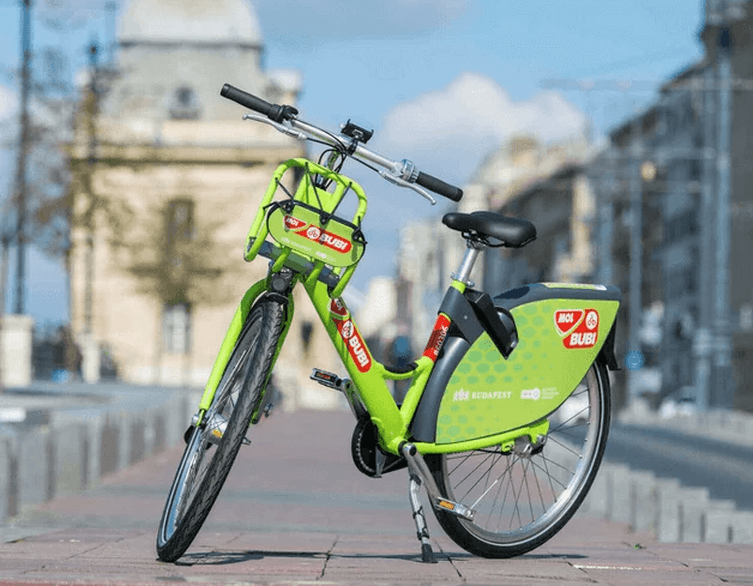
If you’re visiting Budapest over the festive season, you might notice something missing from the city’s streets — the familiar green MOL Bubi bikes. These cheerful shared bicycles, loved by locals and tourists alike, are at risk of disappearing temporarily starting late December. The reason lies in tangled procurement delays, administrative decisions, and an expiring contract that could leave the capital without its community bike service for months.
Why the MOL Bubi System Might Stop
At the heart of the problem is a contract that’s about to run out. The current operating agreement between Budapest Transport Center (BKK), Csepel Bicycle Manufacturing, and Nextbike — the company providing the digital system — expires on December 23. By law, the city can’t continue the service beyond this date unless a new deal is in place.
Budapest has long planned a full upgrade of its community bike network called “Bubi 3.0,” promising more bicycles, expanded coverage, and cutting-edge technology. However, the tender process to choose the next operator is running months behind schedule. Originally, the new provider should have been chosen by late summer, with the updated fleet rolling out in early 2026. But as of the end of October, no final decision has been made.
This delay means Hungary’s most popular public cycling network — used for over 7,000 rides a day even in November’s chilly weather — could grind to a halt just as holiday visitors fill the city.
Political Delays and Tense Relationships
The situation is further complicated because the decision doesn’t rest with the BKK alone. The final approval must come from Budapest’s General Assembly, which next meets at the end of November. Even if the assembly approves the recommended provider, contract signing and system setup will take time, possibly months.
Behind the scenes, tensions between the BKK and current service providers add another layer of uncertainty. Negotiations to extend the existing contract temporarily are ongoing, yet the relationship has grown strained. Csepel Zrt. has stated they would be willing to continue operations to avoid disruption, but the outcome remains unclear.
How the Situation Affects Daily Life and Tourism
For Budapest residents, lacking MOL Bubi would be more than an inconvenience. The city’s compact size and growing cycling infrastructure make the shared bikes a fast way to navigate traffic or cover short distances. During winter, thousands of people still rely on them each day to commute or run errands, proving that cycling here isn’t just a summer activity.
Best deals of Budapest
For tourists, it’s an even bigger loss. MOL Bubi offers an easy and affordable way to see the city — from the Parliament to Heroes’ Square — without relying solely on public transport. During December, when visitors flock to Christmas markets, thermal baths, and festive light shows, not having the bike option could limit spontaneous sightseeing and slow down city exploration.
Until now, Bubi bikes have been an integral part of the travel experience — not just transportation, but a way to feel like a local. Their absence will likely be noticed by environmentally conscious travelers and those seeking active, sustainable ways to experience Budapest.
The Promise and Uncertainty of “Bubi 3.0”
Despite the current troubles, the next version of the MOL Bubi system sounds promising. Plans call for at least doubling the fleet size and adding electric-assist bikes to help with Budapest’s hills and longer routes. The upgraded app would make rentals smoother, and expanded docking stations would bring shared bikes to outer districts for the first time.
Cycling advocates, including the Hungarian Cyclists’ Club, have welcomed the expansion but caution that it must be matched with safer infrastructure. They argue that without continuous bike lanes and proper connections, simply adding more bicycles won’t guarantee real growth — or safety. Currently, there is no detailed infrastructure plan linked to the Bubi 3.0 rollout.
What Comes Next?
The next major milestone will be the late November city council session, where the new operator may finally be approved. If everything goes smoothly, Budapest might only face a short break in service. But if the General Assembly rejects the proposal or legal appeals delay the tender, the city could be without public bikes until mid-2026.
For now, passengers can still purchase monthly Bubi passes but no longer long-term options like semiannual or yearly passes. This move reflects the uncertainty about transitioning existing subscriptions to the upcoming system.
As winter approaches and Christmas lights begin to glow across the Danube, many Budapest residents and visitors hope decision-makers find a quick solution. The MOL Bubi bikes have become part of the city’s rhythm — a symbol of sustainability, mobility, and freedom on two wheels. Losing them, even temporarily, would leave a noticeable gap in everyday life and in the cityscape itself.
Related news













